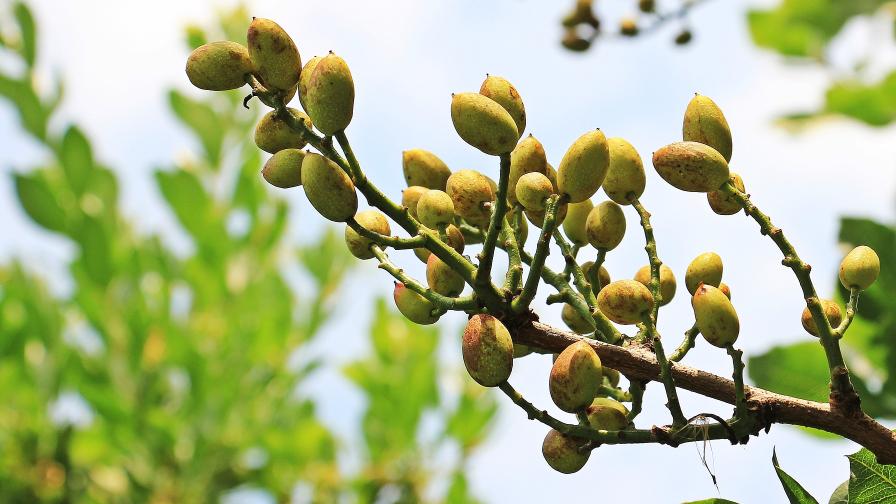Dishing the Dirt on a Growing Revolution in Agriculture
A quiet revolution is going on in agriculture. It’s quiet because it’s not coming from above, but below. It seems like lots of folks in agriculture are talking about soils.
There have always been the environmentalists who warn — with good reason — that the loss of rich topsoil can be catastrophic. But lately I hear you growers talk more about your soils. On my International Fruit Tree Association’s (IFTA) November trip to Italy, growers there also mentioned it. Some of the Eastern U.S. growers got talking about their soils — much more than I can recall on past IFTA trips around the world.
When I started talking extensively to farmers 25 years ago, I don’t recall soil being a topic of conversation. Soil was viewed as just something you grew your trees, vines, and bushes in; what was up top, the plant itself, was all they focused on. The approach made perfect sense to me at the time. But now I know how critical a role soil can play — I even inadvertently killed a blueberry plant at home by using soils with the incorrect pH to prove it, but that was several years ago.
Savvy growers attend the same conferences I do and listen to the same lectures. They’ve gotten the message, it seems to me. Growers are taking a new look at their farming from the ground up. The changes this will bring are monumental.
Growers will realize that by starting from the ground up that they can take a proactive approach to farming, rather than the reactive approach, which has been the conventional way things were done, i.e., “See it, spray it.” Many growers currently take this approach of waiting to see a problem — following IPM guidelines — and then reacting to it. More often than not, this meant spraying an insecticide for bugs, a fungicide for disease, etc.
That approach doesn’t jibe with the attitude of most good growers I know. First off, they have the ability to look at their entire operation. I recently queried a member of American Fruit Grower’s Editorial Advisory Board, Nikki Rothwell, Michigan State University Extension Specialist and Coordinator of the Northwest Michigan Horticulture Research Center, on the topic of focusing on profits rather than yields and found her response revealing.
“Growers are much more interested in a holistic approach to nutrient management than when I started many years ago,” she wrote. “They are looking to fine-tune a nutrient management program rather than ground apply lots of N [nitrogen] in the spring. Research has also helped guide this change in attitude.”
It’s an interesting observation by Nikki and dovetails with the notion that farming is becoming more scientific every day. Agriculture is a science, after all, and that whole notion that it’s part science, part art, has largely been dismissed. (Though it does have a certain charm, and some older growers I know do seem to have a certain knack that’s hard to explain by science alone.)
Besides taking that big picture, holistic approach, good growers I know would much rather act than react. It’s not only usually a more effective approach, they would rather be doing something, rather than waiting to act as IPM guidelines currently recommend.
They will make the transition to use more biological products than chemical products. They will be able to achieve the same yields and quality — perhaps exceeding the latter — and they will be taking the bull by the horns before any serious problem emerges.
However, many growers today aren’t as familiar with biological products as they should be in 2023. Because of that, I would encourage you to attend Meister Media Worldwide’s BioSolutionsSM Conference & Expo Feb. 23-24 in Reno, NV. There is an excellent slate of speakers at the fruit breakout session. It’s also a great opportunity to meet other growers in your situation who know that change is coming, and they need to prepare.









